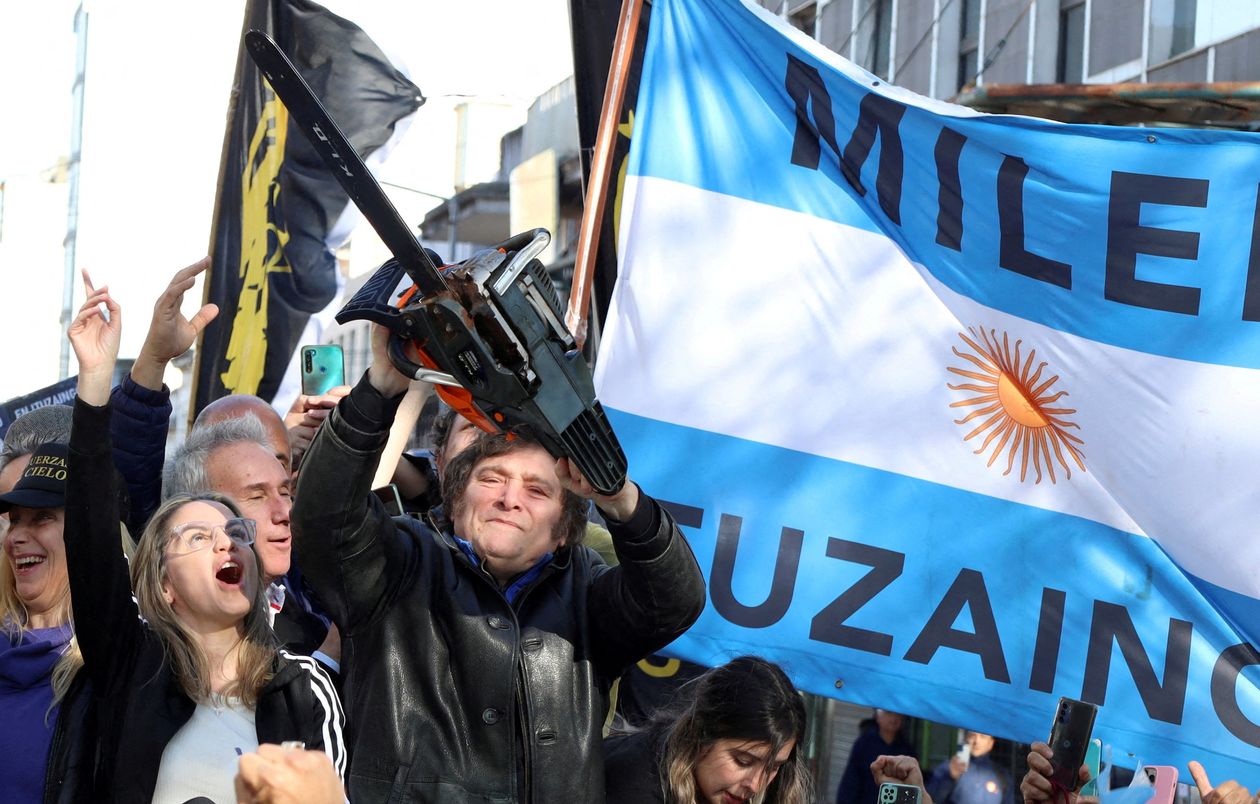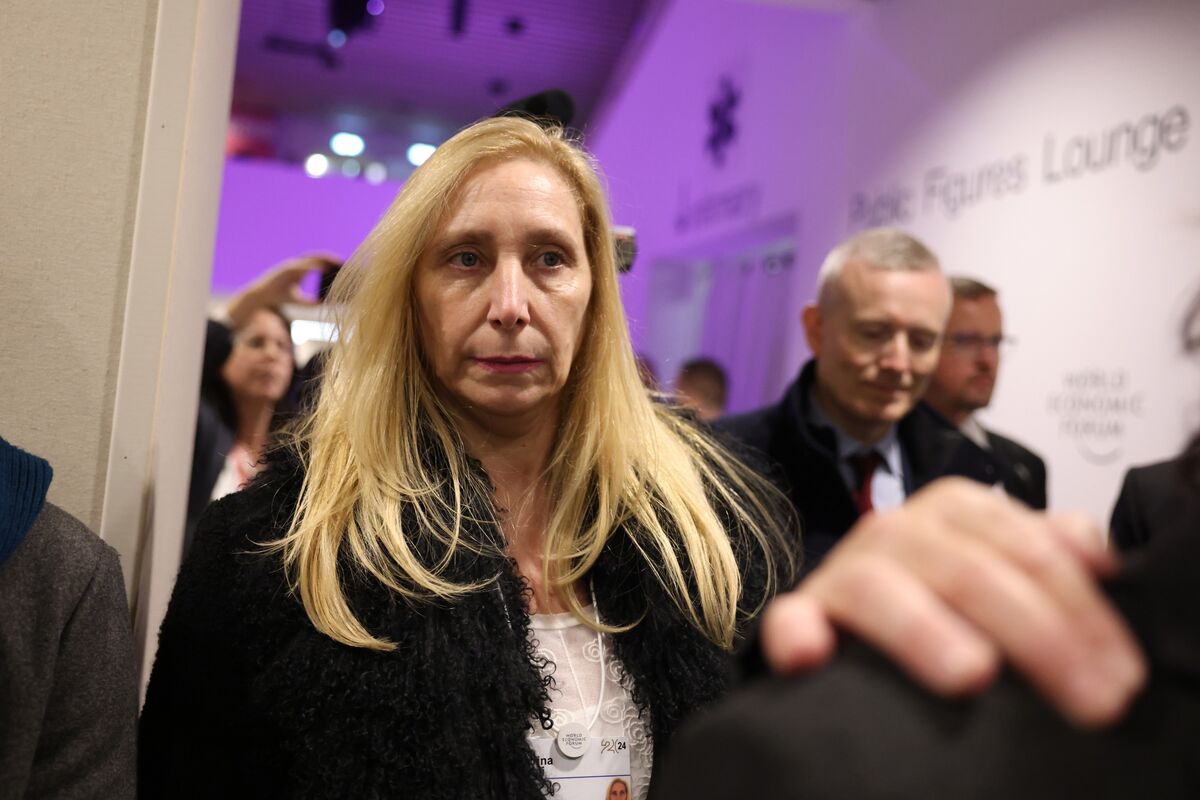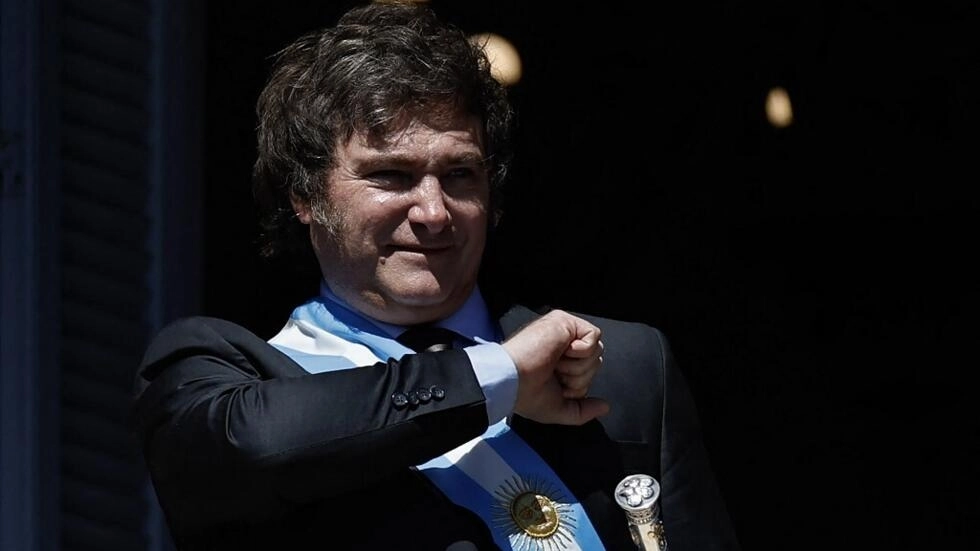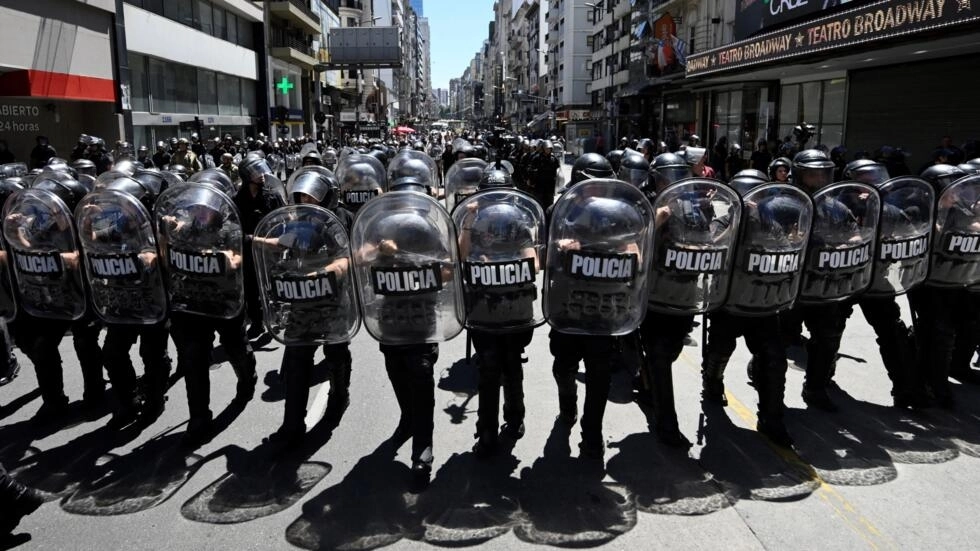This article is more than
1 year oldArgentina’s election result is the worst of all possible outcomes

On october 22nd, two days after Argentina’s brave rugby team was thrashed in the semi-finals of the World Cup, any hope of a sensible course for the country’s politics was similarly eliminated. Defying expectations, Sergio Massa, the economy minister, won almost 37% of votes in the first round of the presidential election. Javier Milei, a libertarian “anarcho-capitalist” who had been leading the polls, garnered 30%. Patricia Bullrich, the sober centre-right option, got just 24% of votes and is now out of the race. Mr Massa and Mr Milei will head to a run-off next month. Even by the standards of Argentina’s telenovela-like politics, the next four weeks are likely to be dramatic.
Two depressing messages come out of this race. The first is that Argentine voters have rejected a rational, centre-right platform for change. In a country where annual inflation is currently 138% and the local currency has lost nearly 95% of its value over the past four years, the economy is unsurprisingly voters’ main concern. And yet they plumped for Mr Massa, whose populist party, the Peronists, has been the main cause of the country’s disastrous economic performance for generations. Their second choice was Mr Milei, who promises a radical free-market package that he surely could not deliver, which includes scrapping the central bank, dollarising the economy and reducing public spending by a colossal 15% of gdp. (It is perhaps not the details of his pledges that appeal to voters who feel left behind, particularly young men, but the blow-everything-up passion with which he delivers them.)
The second message is that, in a country where the Peronists have been in power for 28 of the past 40 years, it is difficult for outsiders to break in. Only one non-Peronist president, Mauricio Macri, has been able to complete his term since democracy was restored in 1983—the other two had their terms cut short by protests. The electoral machine behind the Peronists kicked into action in August, when Mr Milei did unexpectedly well in a pre-election vote. Mr Massa’s spending spree in the past month or so is estimated to have cost the equivalent of more than 1% of gdp. It included a bonus for pensioners in pesos worth $100 and the scrapping of income tax for 99% of all workers. Peronist campaign tactics also scared many voters into voting for the status quo. Two days before the election, bus and train stations began showing customers how much their ticket prices would increase if subsidies were removed by Mr Milei or Ms Bullrich.
Some of Mr Milei’s economic policies are wise. But he put off a lot of voters with his divisive rhetoric. In a country where nearly two-thirds of people are Catholic, Mr Milei called the pope, also an Argentine, “a leftist son of a bitch” and “an imbecile”. Similarly, Mr Milei has said inflammatory things about other politicians, and appealed to the far right by appointing as his running-mate Victoria Villarruel, a lawyer who has downplayed the atrocities committed during Argentina’s military dictatorship. He openly admires Jair Bolsonaro, the right-wing populist former president of Brazil. His erratic character and lack of experience—he only joined Congress in 2021, after a stint as a tv personality—could make him unsuitable for office.
In short, neither remaining candidate seems likely to solve Argentina’s problems. The country is on the brink of its sixth recession in a decade. It has been in 22 bail-out programmes since 1956, and currently owes $43bn to the imf, which it cannot pay back. Its central bank should be properly independent rather than a political money-printing machine. The country needs deep, painful structural reforms. It should restructure its debts, rather than dollarise. That may damage the country’s relationship with the imf but there is no other way out of its debt black hole.
Although he is considered a centrist by Peronist standards, Mr Massa is unlikely to be willing to implement reforms if they are likely to bring people out to the streets. His binge of handouts ahead of the first round is just another example of the spendthrift populism which his party has practised for decades. Under the current administration, at least seven new exchange rates have been created to carve out bungs for special-interest groups. The country’s dollar bonds, which were already trading at below 30 cents to the dollar, fell further on the news of Mr Massa’s win, while the Argentine peso fell below 1000 to the dollar on the black-market exchange rate. Analysts expect another spending spree to follow ahead of the second round.
The least bad outcome to hope for is that Ms Bullrich, who refused to congratulate Mr Massa, since he is “part of the worst government in Argentina’s history”, backs the libertarian outsider. With her support, along with Mr Macri’s, Mr Milei may be able to appeal more broadly to centre-right voters. Such compromise would become politically expedient, too. Neither of the two contenders for the second round will have a majority in Congress. If Mr Milei were able to form a coalition of politicians keen to reform the country, Argentina might conceivably have a chance to change its fortunes. If it sticks with Peronism, however, it will just descend further into chaos.
Keywords
Newer articles
<p>Wang Yi tells Antony Blinken ‘disruptions’ could arise amid threat of sanctions over China’s support for Russia’s defence industry</p>
King’s Funeral Plans Dusted Off—as Health Remains a Mystery
Here’s why Iran decided not to attack Israel again
Megan Thee Stallion’s Ex-Makeup Guru Talks. It’s Not Pretty.
Bill Maher's audience roars with laughter after he mocks Don Lemon to his face
Can Zendaya make the leap from tween idol to Hollywood heavyweight?
MAJOR ANNOUNCEMENT: Buck Palace updates on King Charles’ condition
Supreme Court might not give Trump sweeping immunity — but it's likely to give him the one victory he wants
What Weinstein Accusers Are Saying About the Shock Reversal
Biden just signed a potential TikTok ban into law. Here’s what happens next




